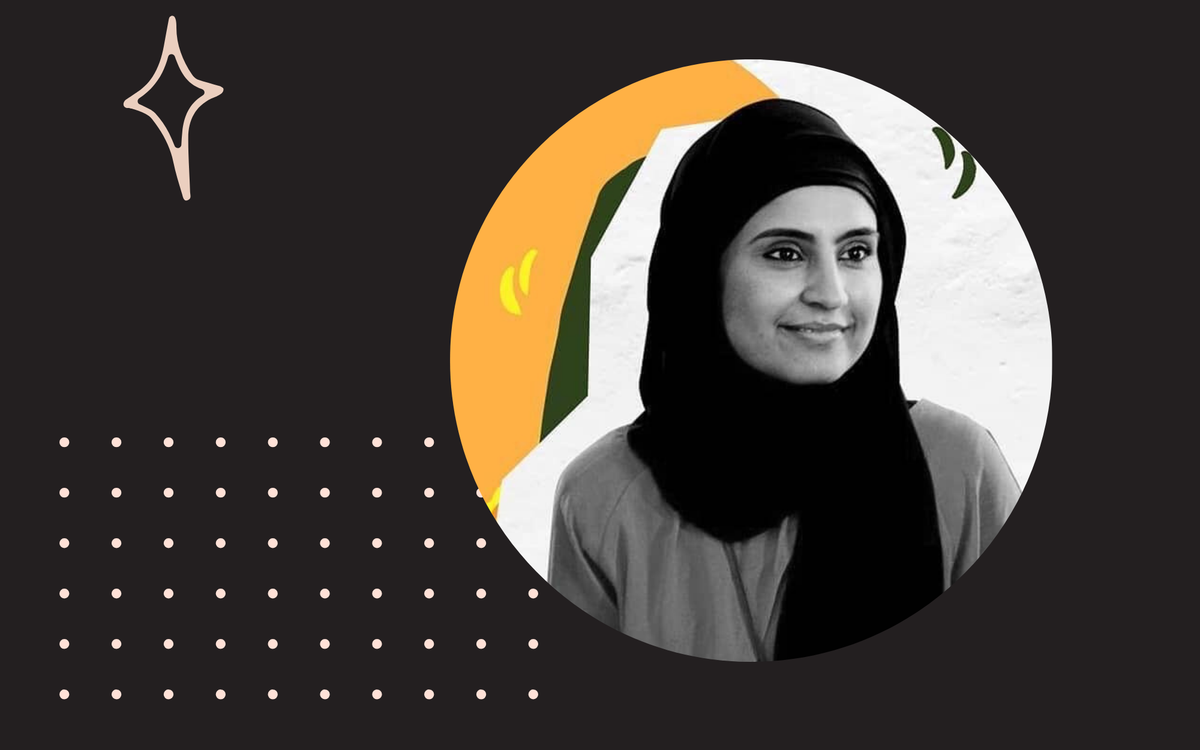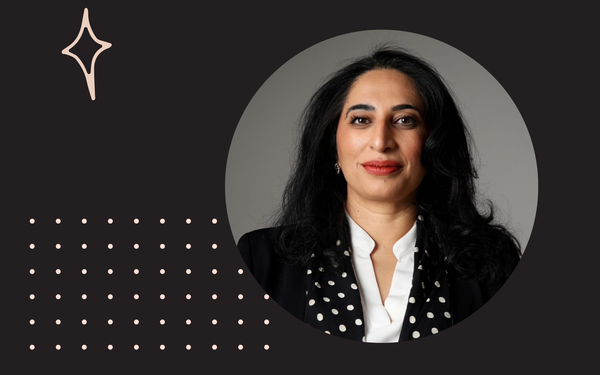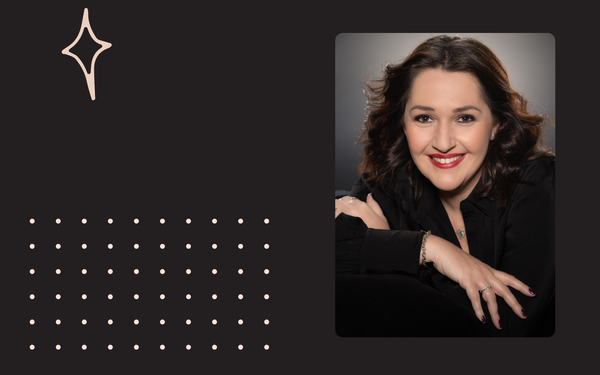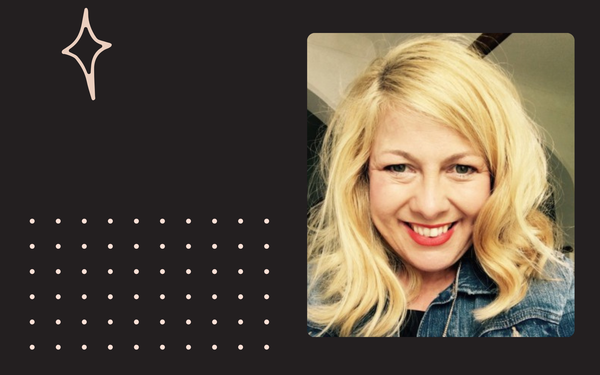From Kitchen Table to Global Stage: How Barjis Chohan Is Redefining Success Through Purpose-Driven Leadership

When Barjis Chohan was told that "high-end fashion is elitist, with very little diversity, and that there are very few designers from a Pakistani background who wear a hijab," she could have walked away. Instead, she chose to prove those voices wrong—becoming a trailblazer in modest fashion and building an award-winning multi-cultural lifestyle brand that spans from London Fashion Week to luxury hotel projects worldwide.
From humble beginnings at her kitchen table in 1999 while pregnant with her first child, Barjis has grown Barjis London into a pioneering force in high-end modest fashion, bespoke luxury rugs, and sustainable design. Her journey from medical school aspirations to fashion entrepreneurship embodies the power of following your instincts over convention. "If the world is turning right, I turn left," she explains—a philosophy that has guided her through decades of building both profit and purpose.
But Barjis's definition of success extends far beyond business metrics. In 2018, she launched The Barjis Initiative, a social enterprise dedicated to making the arts accessible to underrepresented communities through her BAMME (Black, Asian, Marginalised, and Minority Ethnic) leadership programme. Her work bridges the gap between commercial success and social impact, proving that businesses can be both profitable and transformative.
In this candid conversation, Barjis shares how she navigated an industry that told her she didn't belong, transformed her approach to sustainability over seven years of learning, and why she believes true success means making space at the top for others. Her insights offer a roadmap for female entrepreneurs seeking to build businesses that create lasting change while staying true to their values and heritage.
1. You've described how you were told that "high-end fashion is elitist, with very little diversity, and that there are very few designers from a Pakistani background who wear a hijab." Yet you persevered and became a pioneer in high-end modest fashion. What specific moment or realization gave you the confidence to prove those voices wrong, and how do you advise other women from underrepresented communities to navigate industries where they're told they don't belong?
I always follow my gut and never the herd. If the world is turning right, I turn left. There will always be naysayers, but if you are convinced about an idea, then you must follow it through. I don't plan, I just act on it, whether it fails or is appreciated. You will never know if something is working until you put it out into the world. I knew it was working when I was getting press coverage without hiring a PR company. People were interested in my point of view. This is when I knew that I needed to continue what I was doing.
I would advise everyone not to wait to figure everything out. Just put your ideas out there. So many brands are worried about people copying their ideas or the fear of failure. However, people can copy your work, but they can't copy you. We are all unique and nobody can replace you!
2. Your journey spans from starting BARJIS at your kitchen table in 1999 to founding The Barjis Initiative in 2018. How has your definition of success evolved from building a profitable business to creating social impact? What drove you to launch the BAMME leadership programme, and what tangible changes have you seen in the communities you're working to empower?
I cannot do anything in life that does not have a purpose. Whatever I have done in life is with passion. I always believe that once you are in a privileged position, you must make space at the top for others. Whether it's profit-driven or social impact, everything should have an intention to make a difference. The Barjis Initiative was set up to help others from less privileged backgrounds access the arts. It comes from personal experiences of barriers to entering the elitist creative field, as so much talent is wasted due to class barriers. With TBI, I want young people from underrepresented communities to thrive in the arts.
The changes I have seen are that we are seeing more people of colour enter the creative industries, but there is still a lot of work to be done as the class issue is still prevalent in the industry.
3. You've spent seven years understanding and implementing sustainability in fashion - an industry known for its environmental challenges. As someone who has successfully introduced sustainable products to market, what has been your biggest learning about the gap between talking about sustainability and actually implementing it? How do you balance the pressure for immediate business results with long-term sustainable practices, especially when advising other female entrepreneurs?
Transparency and being honest go a long way. Sustainability has become a buzzword, but there is no such thing as 100% sustainable. We are all striving to reduce the carbon footprint, and my sustainable notebooks are an example of an idea to reduce fabrics thrown in the landfill by making them into notebooks and journals. Your idea doesn't have to be groundbreaking; it can be a simple idea, done with a clear intention to make that little bit of a difference. These notebooks helped me stay profitable and in business during the pandemic, as nobody was buying clothes, but they wanted to send these journals to their loved ones.
How do I balance profitability with sustainability? Keep the products diverse and have low-entry products that will bring frequent revenue alongside the high-end products that are focused on building relationships and loyalty. It's a balancing act, and sometimes creativity wins while at other times business wins. It's not easy to balance art, business, and sustainability. As I mentioned, it's not about using eco-friendly products, but it's about creating a sense of sentimentality so that your clients would want to pass down their valuable possessions to their loved ones and not throw them in landfills. This is sustainability for me, and this is a tradition in South Asian communities—to gift their loved possessions to their children and family. Whether it's my luxury rugs, jewellery, or clothing, a Barjis London piece is always retained and kept with love. For me, this is what you call sustainability and brand success.
Are you a woman leader with an inspiring journey to tell? Founded by Women is on a mission to elevate and amplify the voices of women making an impact.
If you're breaking barriers, driving change, or paving the way for others, we’d love to feature your story. Get in touch with us today!
👉 hi@foundedbywomen.org




